Delivering the keynote address at the inaugural session of a workshop for media representatives on 'National Vector-borne Diseases Control Programme' jointly organized by Dakshina Kannada district administration, Dakshina Kannada Zilla Panchayat, District Health and Family Welfare Department and District Vector Borne Diseases Control Office, Dakshina Kannada, on Monday at Wenlock District Hospital RAPCC Auditorium, he said that importance should be given to health education and literacy.
He said that there were as many as 3,16,000 children studying in 1454 primary schools and 177 high schools across Dakshina Kannad district. It is very necessary that the message of seasonal diseases be propagated through them. Experts on health or officials from Health Department could talk on seasonal and water-borne diseases for 5-10 minutes a day in schools during prayer time. Even a small message such as washing of hands before meals could be helpful in the eradication of diseases, he said.
He said that 3612 cases of malaria and 129 cases of dengue had been established in Dakshina Kannada in 2012 till July. Malaria cases are found more in the city as compared to last year, whereas cases of dengue are seen more in the rural areas. Steps have to be implemented to stop the dissemination of both diseases irrespective of the urban or rural areas. It is the responsibility of the media representatives to generate awareness among people, so that these diseases can be eradicated. By means of human resources, we can more effectively propagate the message and educate the masses, he said.
District Health Officer O.R. Shrirangappa said that mosquito nets were the most effective way of preventing diseases like malaria, dengue and chikungunya. It is essential that each individual takes care of his/her own health, he said.
Presenting a power point presentation on diseases like malaria, dengue and lymphatic filariasis, District Vector Borne Disease Control Officer Dr. Arunkumar explained the historical facts of the diseases, their statistics in the district, symptoms, diagnosis, treatment and control strategies. Speaking about lymphatic filariasis, he said that more than 1000 cases were reported in the coastal regions of Mangalore, Bantwal and Puttur.
Speaking on the occasion, President of Dakshina Kannada Working Journalists' Union P. B. Harish Rai said that awareness of vector-borne diseases should be created by media, and propagated to the people.
District Information Officer Rohini K. was the chief guest on the occasion. Bhaskar proposed a vote of thanks.
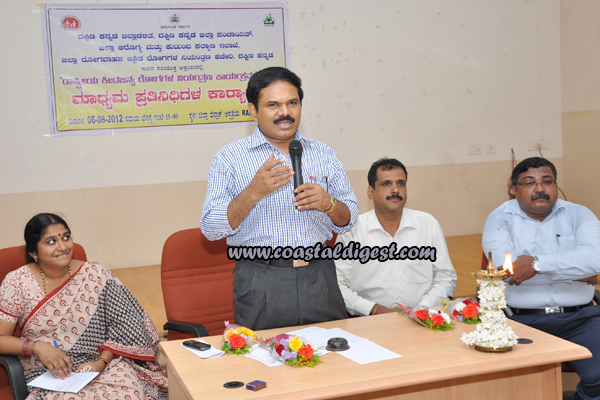
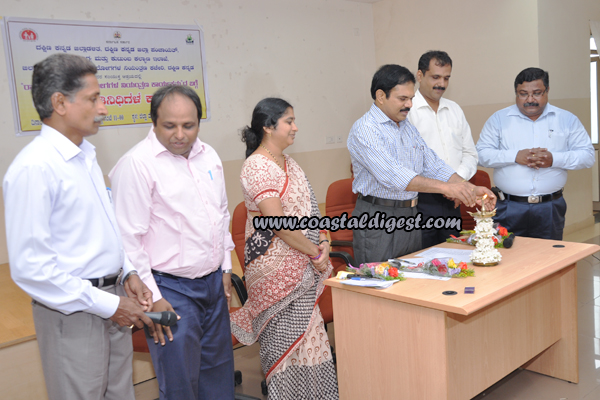
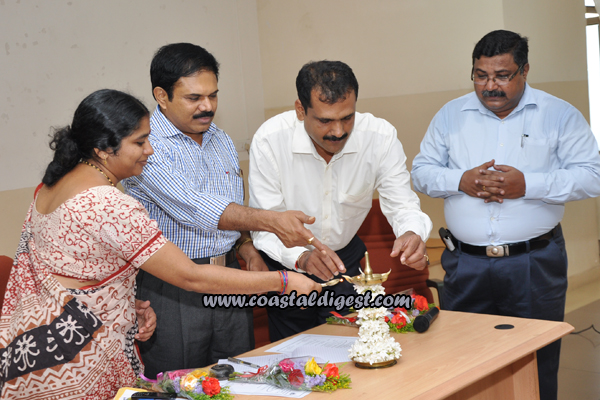
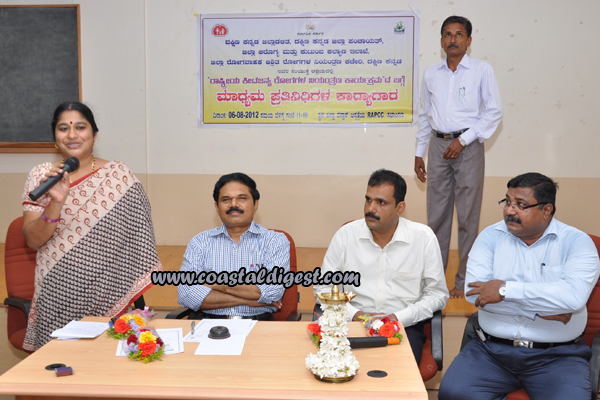
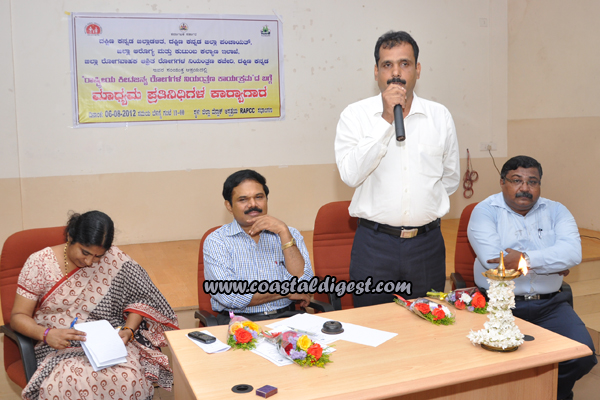
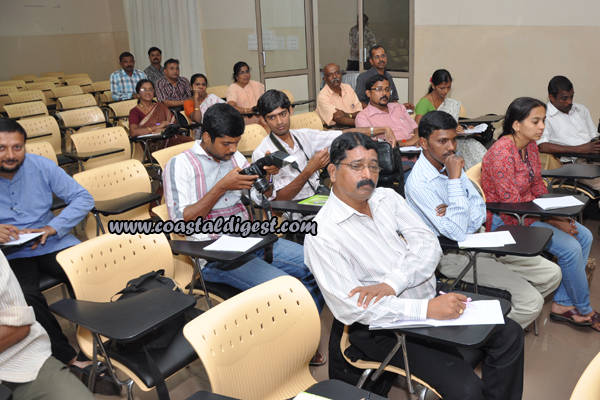
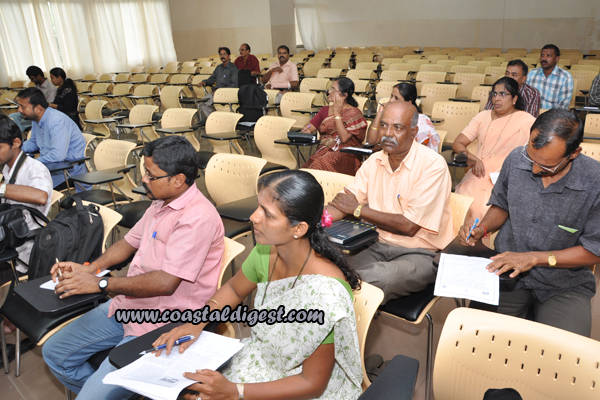






Comments
Add new comment